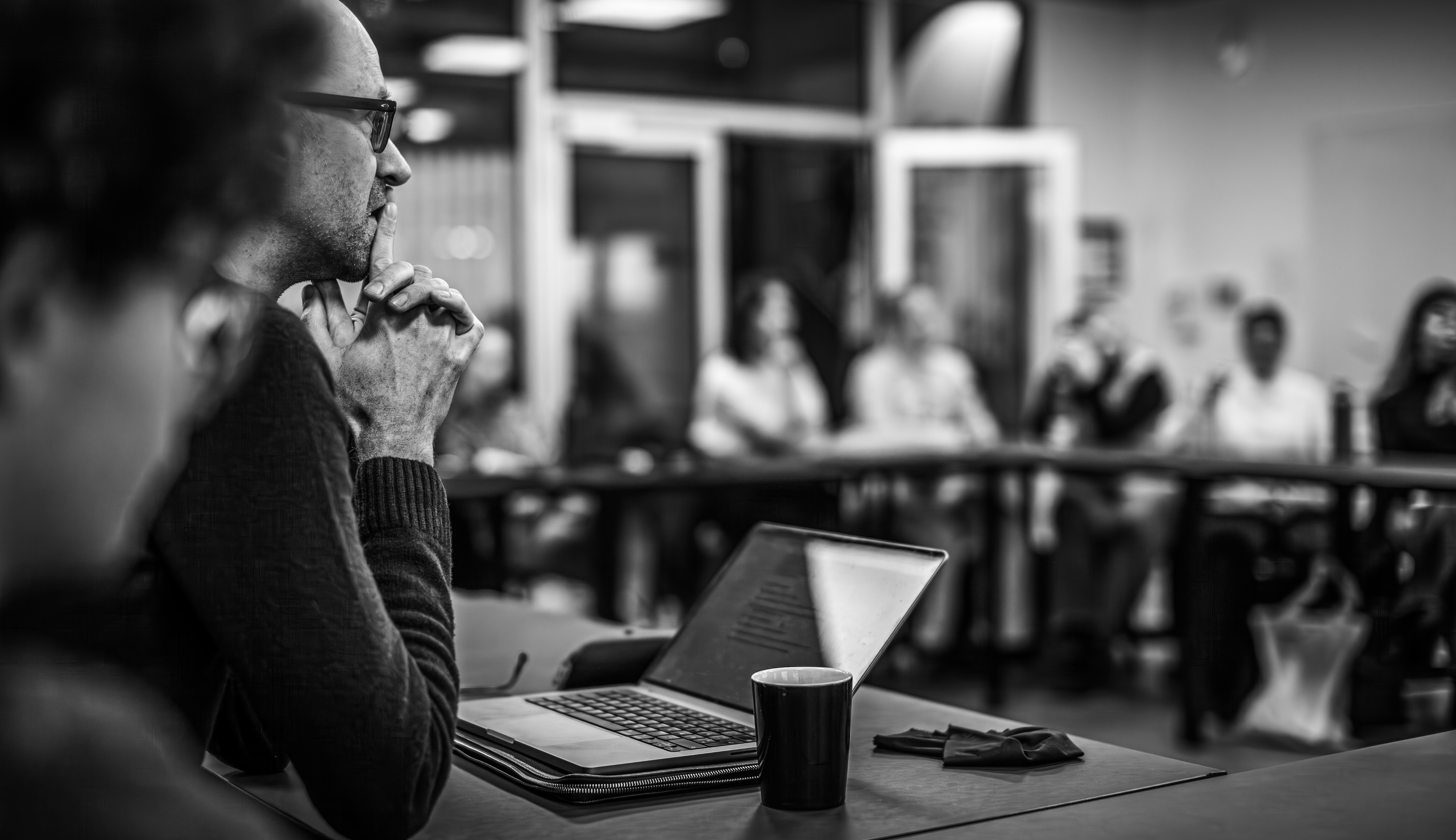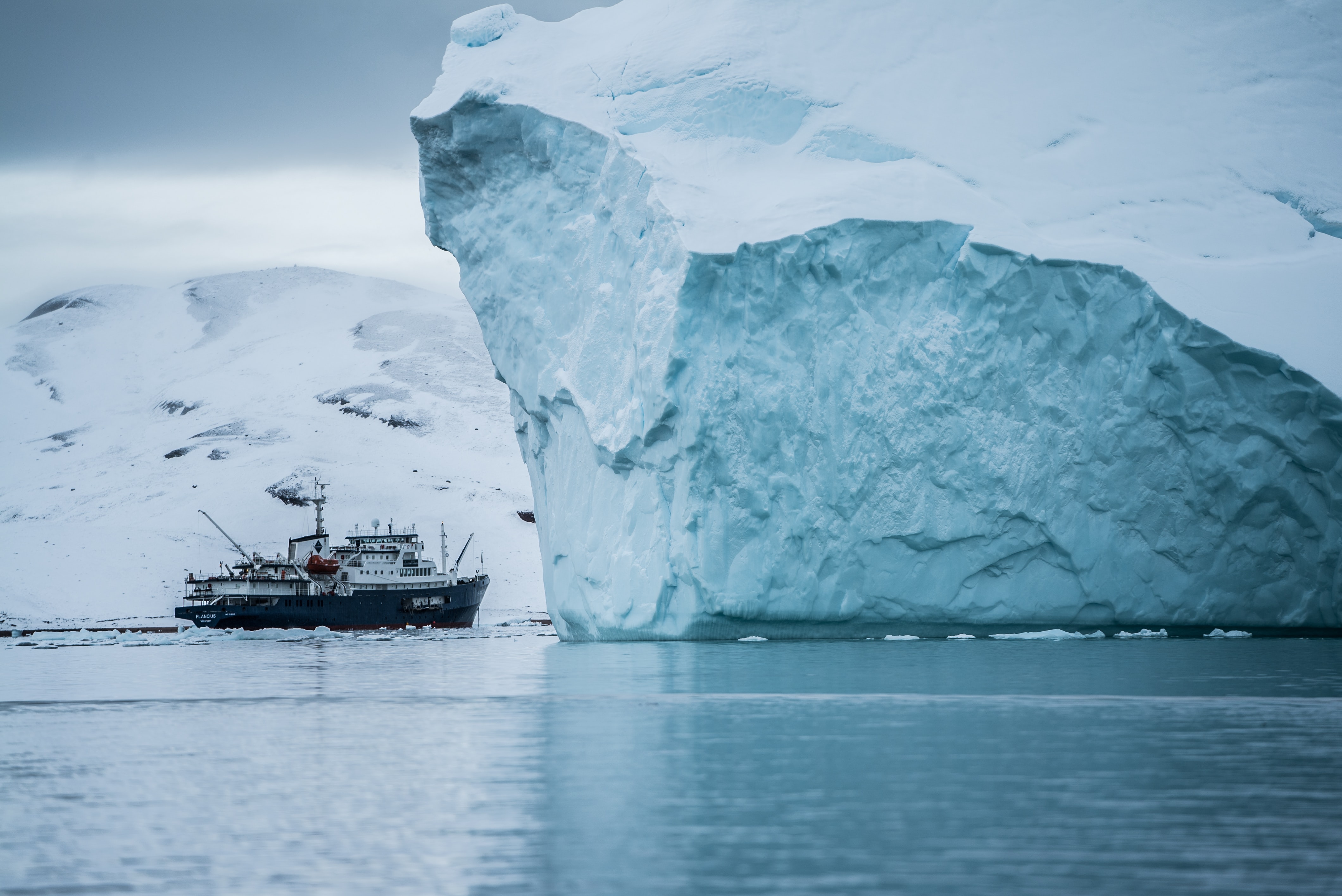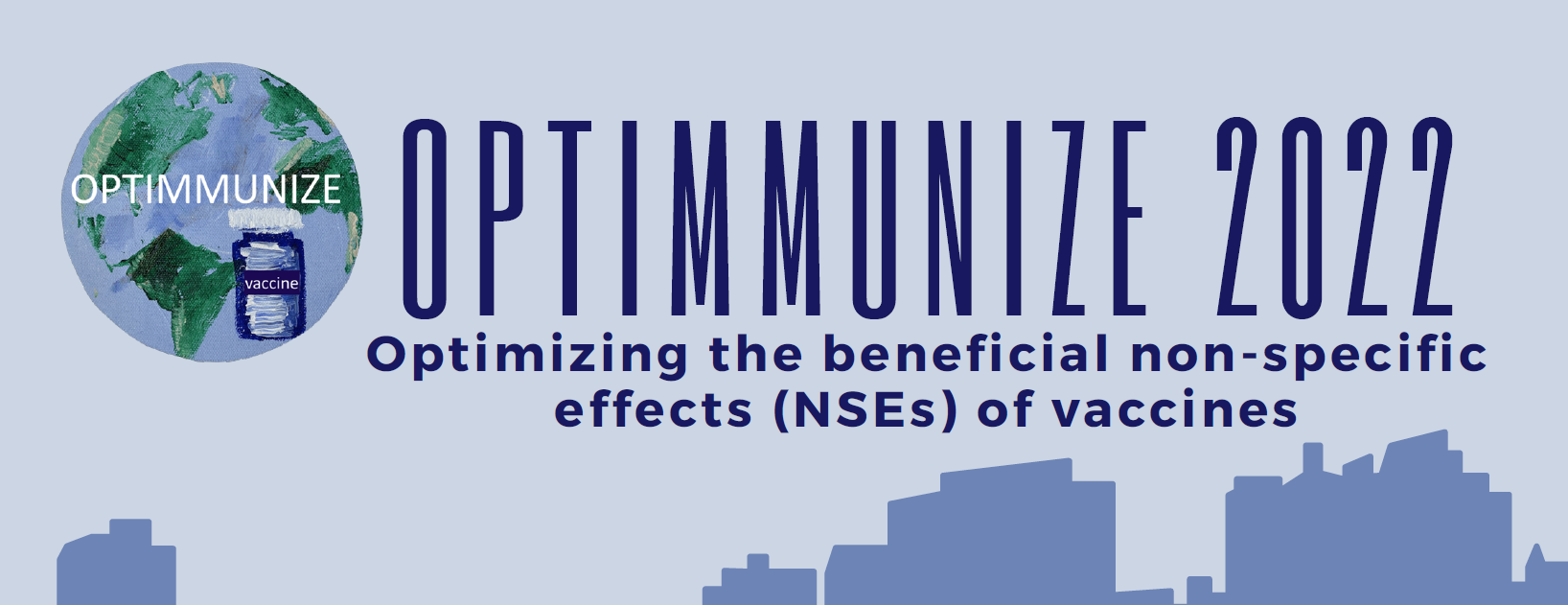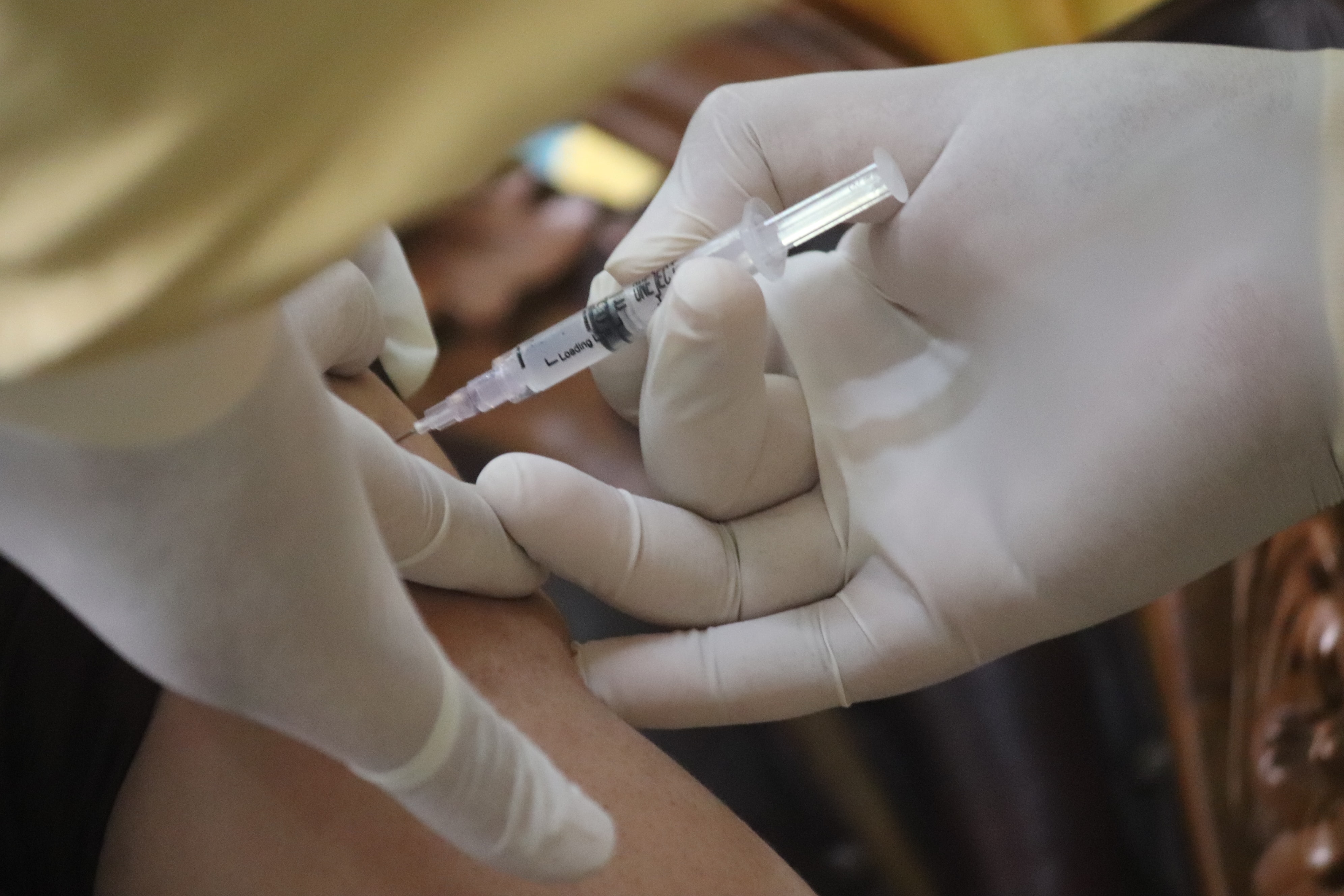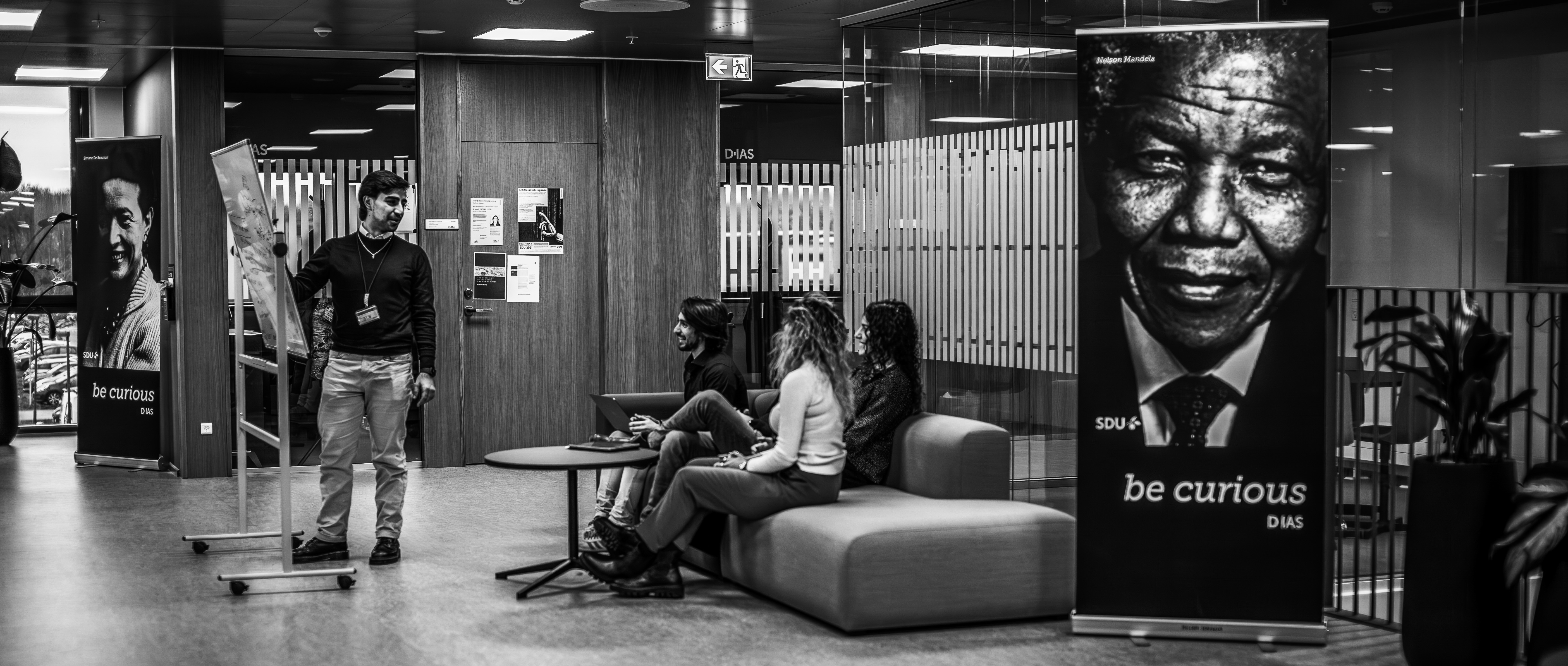Be Curious
Forskningsprogrammer
Et overblik over alle nuværende og tidligere forskningsprogrammer i DIAS
-
![]()
Research Programme
Challenging Ideas and Scientific Curiosity: Pilot project for DIAS 2021-2022
DIAS is SDU’s most ambitious initiative. Ambitions of cross-disciplinary and groundbreaking research call for critical assessment of how we organize research. In other words: How do we in DIAS develop challenging ideas and stimulate scientific curiosity?
-
![]()
Research Programme
Climate Change and Conflict Project
The project explores the long history and ‘Big Data’ of climate change and human conflict to identify potentially correlation between climate extremes and periods of human conflict or cooperation.
-
![]()
Research Programme
Climate Future Fiction: A Citizen Science Project
Building on the DIAS Citizen Science project ‘Write your Future’, this pilot aims to explore whether a similar project is possible involving high schools. The Write Your Future project asked university students to compose short fiction texts set four years into the future. These stories are research data for the exploration of scientific literacy, climate anxiety for young adults and confronting social issues.
-
![]()
Art Exhibit
CONNECTIONS
18 sculptures by the award-winning Icelandic artist Steinunn Thórarinsdóttir will be exhibited at University of Southern Denmark and in the cities of Odense and Copenhagen as a part of DIAS Fellow Dr. James Rogers’ interdisciplinary project on war and art.
-
![]()
Research Programme
DIAS Minds Group
The DIAS MINDS GROUP is a new initiative at the Danish Institute for Advanced Study (DIAS) bringing together scholars engaged in the study of mind, cognition, and behaviour.
-
![]()
Lecture Series
History of Capitalism
The DIAS Program on the History of Capitalism is a series of lectures and workshops that brings both eternal and current questions about capitalism to the University of Southern Denmark
-
![]()
Lecture Series
Measuring the impact of interdisciplinary research
Interdisciplinary research has often been praised for its potential to advance our scientific understanding by (re)-combining knowledge and resources that are otherwise latent within individual disciplines. Yet to scientifically evaluate this statement a number of questions need to be iteratively addressed. First, how can interdisciplinarity and its impact be measured?
-
![]()
Research Programme
Opportunities and Challenges in an ice-free Arctic Ocean
This project will utilise DIAS's unique cross-faculty strengths to explore the opportunities and challenges in a changing ice-free Arctic. We ask: How will an ice-free Arctic Ocean impact cooperation and conflict between regional stakeholders?
-
![]()
Conference
Optimmunize 2022
It is now clear that vaccines can affect the immune system beyond the induction of specific immunity (specific antibody, and B and T-memory cells), with profound implications for overall health. This conference is for researchers, students, policy makers, and anybody with an interest in non-specific effects of vaccines
-
![]()
Research Programme
Pilot study on barriers and facilitators of influenza vaccination for children (2-6 years) in DK
This pilot project serves as a basis for a joint research proposal for developing such a tool for assesing and addressing vaccine hesitancy among parents.
-
![]()
Research Programme
Pilot study on feasibility of interdisciplinary project on adherence to colorectal cancer
This project aims to answer following research question: What are the barriers for and facilitators of adherence to CRC screening programs among societal groups with low social-economic status and educational attainment?
-
![]()
Research Programme
Quantum Computing for Clinical Research
The objective of this proposal is to develop machine learning methods in clinical research based on a new quantum technology – Gaussian boson samplers.
-
![]()
Research Programme
Toward a cognitive history of pre-modern rhetoric as mathematical thinking
this proposal aims to look at such intersections from a cognitive perspective, focusing on the learning processes of pre-modern users and stimulating at the same time reflections on our current scientific practices.
